Understanding the Behavior of Squirrels in Attics
Squirrels are agile and resourceful creatures that often find their way into attics, seeking shelter and a safe haven for nesting. To effectively prevent and address squirrel infestations in Southern Michigan, it's crucial to understand their behavior and the factors that attract them to these spaces.
Attics provide an ideal environment for squirrels, offering warmth, protection from predators, and ample space for building nests. These furry intruders are drawn to the insulation materials commonly found in attics, as they make excellent nesting material for their young.
Additionally, squirrels are constantly seeking food sources, and attics can provide access to stored food items or even entry points into the main living areas of your home, where they may scavenge for crumbs or pet food.
Nesting Behavior
Squirrels are known for their industrious nesting habits. Once they gain access to an attic, they will quickly begin constructing elaborate nests using insulation, shredded materials, and other soft materials they can find. These nests provide a warm and secure environment for raising their young.
During the breeding season, which typically occurs in late winter and early spring, female squirrels will seek out suitable nesting sites. Attics offer an attractive option due to their warmth, seclusion, and abundance of nesting materials.
It's important to note that squirrels can have multiple litters per year, and their nesting activities can cause significant damage to insulation, wiring, and other components of your attic over time.
| Nesting Habits | Breeding Season | Potential Damage |
|---|---|---|
| Construct elaborate nests using insulation and soft materials | Late winter and early spring | Damage to insulation, wiring, and attic components |
| Provide warm and secure environment for raising young | Seek suitable nesting sites | Multiple litters per year can exacerbate damage |
Entry Points
Squirrels are adept at finding and exploiting even the smallest openings to gain entry into attics. They can squeeze through gaps as small as four inches in diameter, making it essential to seal off any potential entry points.
Common entry points for squirrels include gaps around vents, chimneys, eaves, and roof lines. They may also chew through soffit boards, fascia boards, or other wooden components to create their own access points.
Regular inspections and maintenance are crucial to identify and seal off any potential entry points before squirrels have a chance to take up residence in your attic.
| Entry Point Characteristics | Common Entry Points | Prevention Measures |
|---|---|---|
| Can squeeze through gaps as small as 4 inches | Vents, chimneys, eaves, roof lines | Regular inspections and maintenance |
| Chew through wooden components | Soffit boards, fascia boards | Seal off potential entry points |
Preventing Squirrel Entry
Preventing squirrel entry into your attic is the most effective way to avoid infestations and the associated risks and damages. Here are some tips to help prevent squirrels from entering your attic in Southern Michigan:
- Seal all potential entry points with durable materials like galvanized steel mesh or caulk.
- Trim overhanging tree branches that provide easy access to your roof.
- Install chimney caps and vent covers to block access.
- Regularly inspect your attic for signs of squirrel activity, such as droppings, nesting materials, or chew marks.
If you suspect a squirrel infestation or need assistance with prevention measures, it's advisable to seek the help of a professional wildlife control service. These experts have the knowledge and tools to safely and effectively address squirrel issues while ensuring the humane treatment of the animals.
By understanding the behavior of squirrels and taking proactive steps to prevent their entry into your attic, you can avoid the potential risks and damages associated with these unwanted guests.
If you're dealing with a squirrel infestation in your attic or have concerns about potential infestations, don't hesitate to contact a professional wildlife control service like Ancon Wildlife Services in Southern Michigan. We have the expertise and resources to handle the situation safely and effectively. Contact us here or give us a call at 248-930-1882.
‹ Back


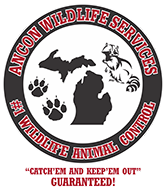


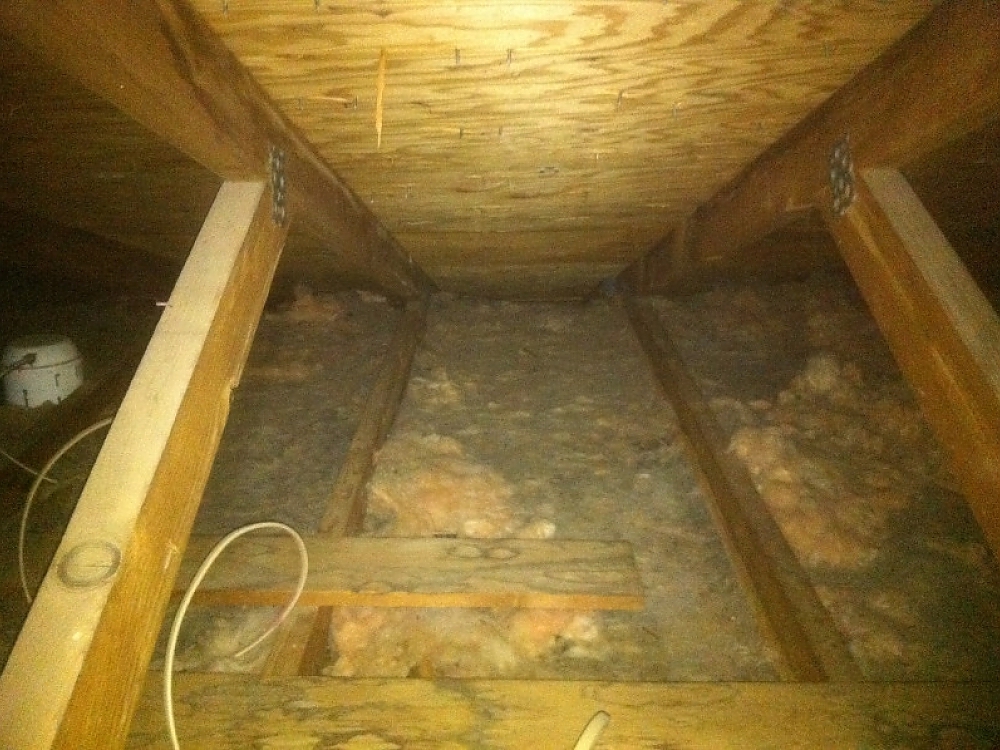
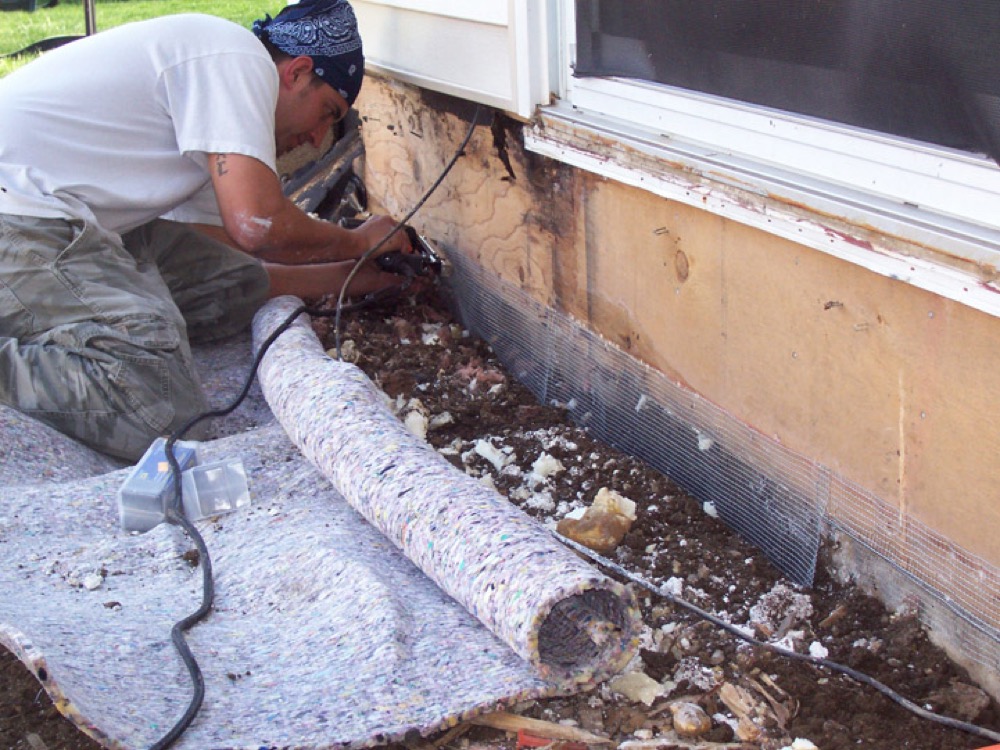
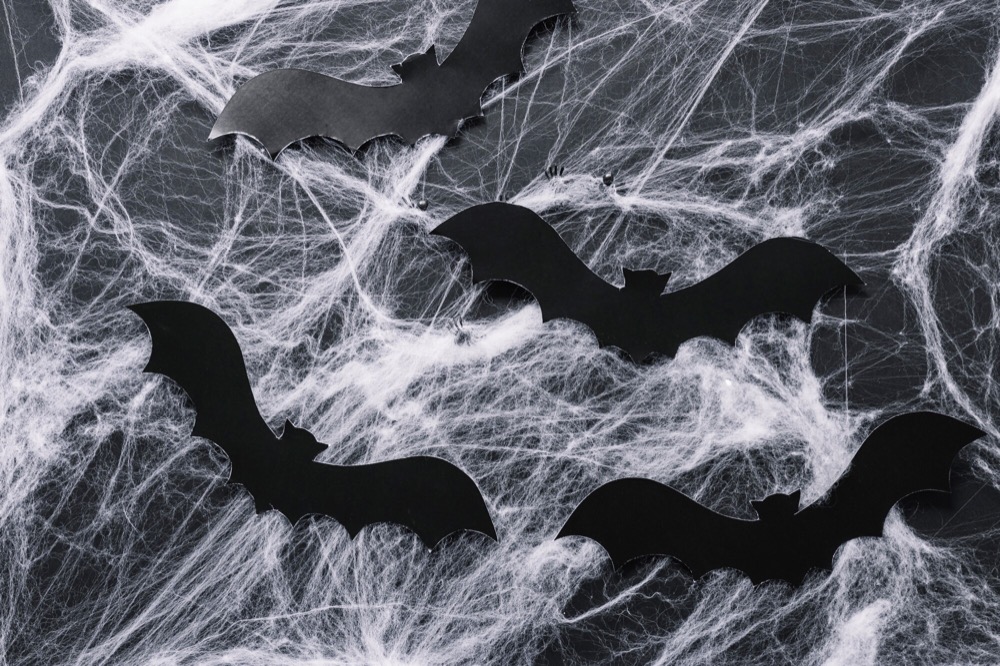
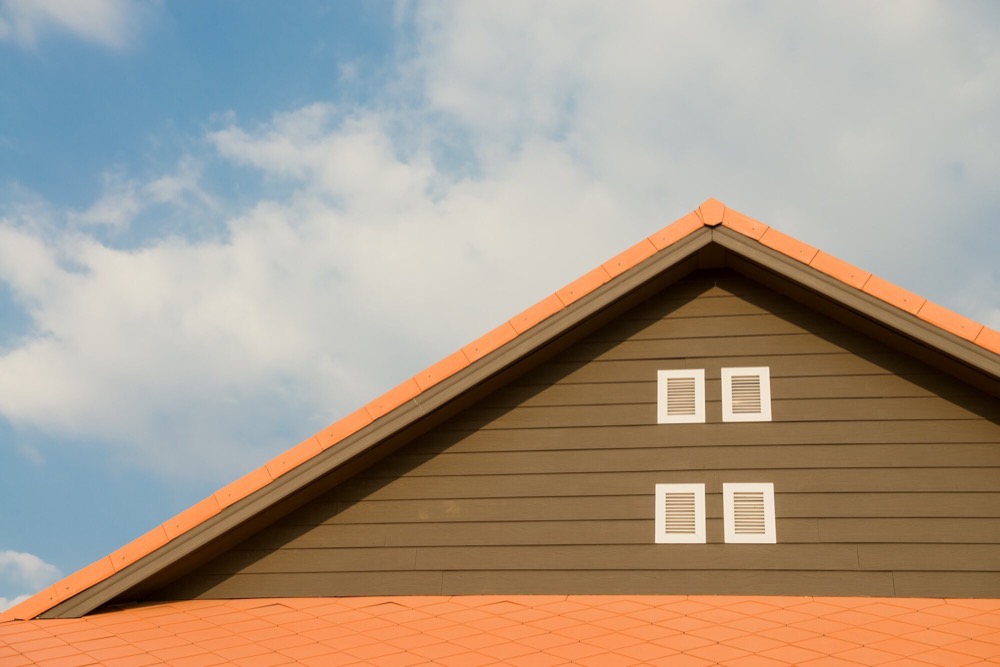

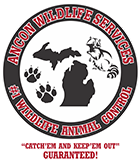
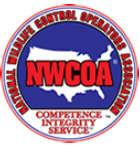

.png) Twitter
Twitter